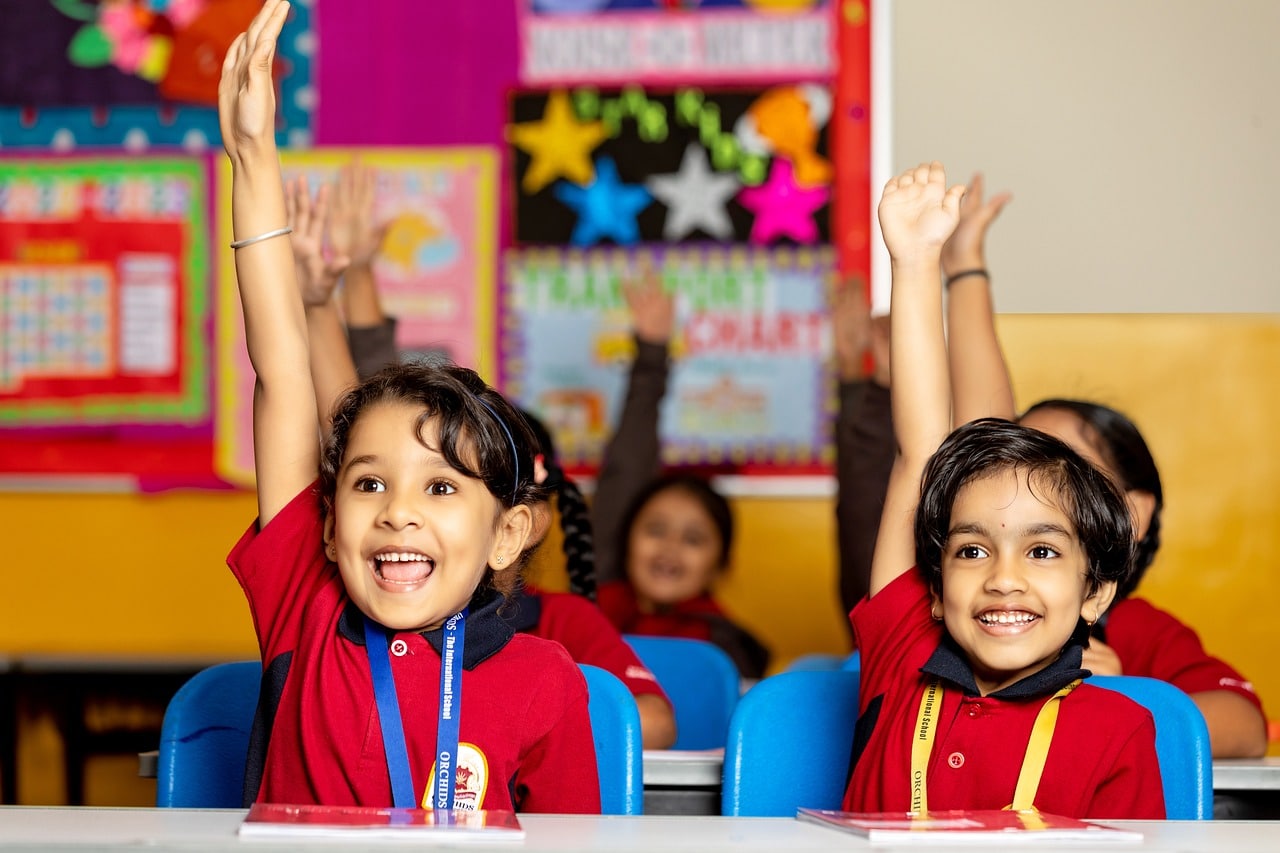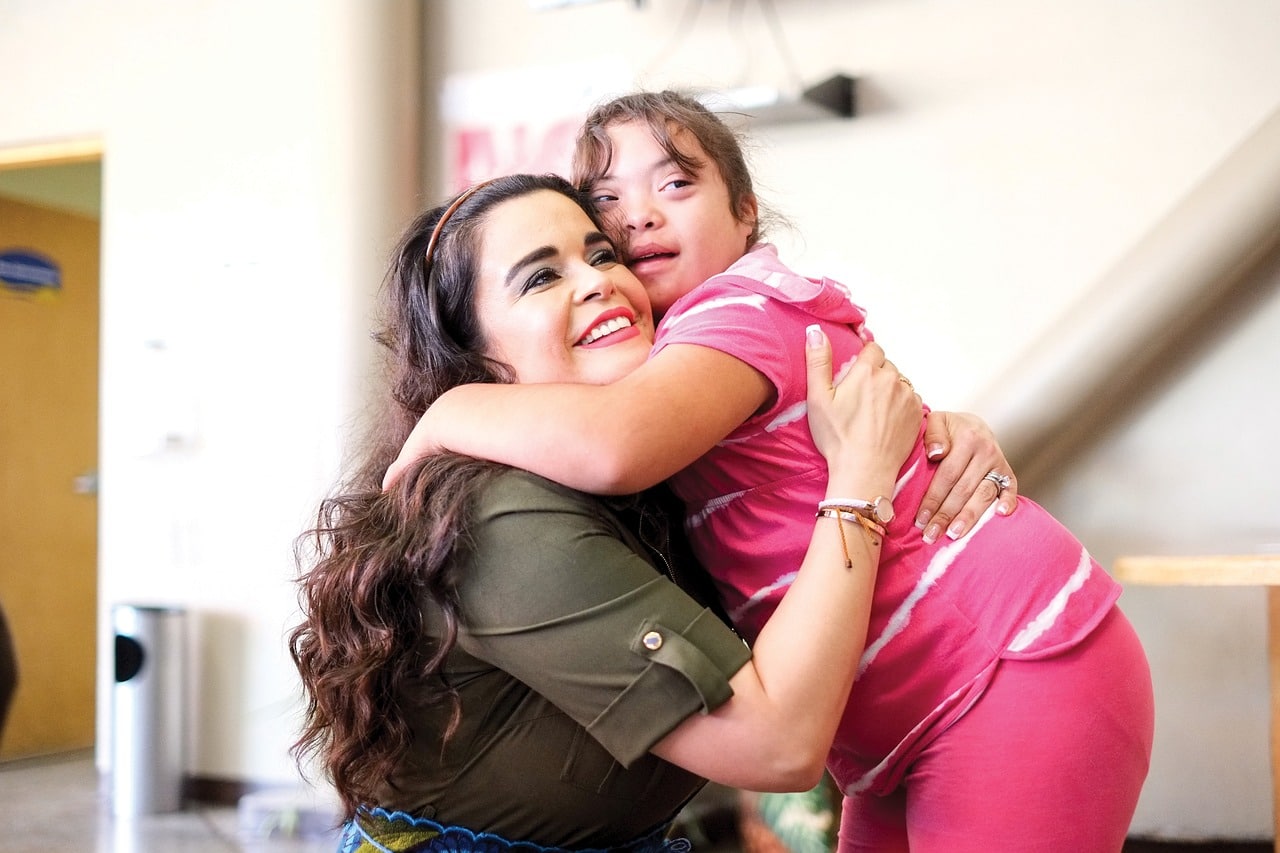
Special education addresses the different abilities that students may have.
Special education is the process that provides technical and human means to compensate for impairments that students may suffer. In this way, students can complete the learning process in an environment according to their abilities.
It should be noted that education is a socialization process where the individual acquires and assimilates different types of knowledge . It is a process of cultural and behavioral awareness, which is materialized in a series of skills and values.
When people suffer from some type of intellectual or physical disability , their needs may not be met by the traditional educational system. This is where the concept of special education appears, which, as its name indicates, presents differentiated (that is, special ) characteristics.
Origins of special education
Special education dates back to the 16th century , when the deaf could access differentiated classes. Over time, special education became institutionalized and geared toward all kinds of different abilities.
The goal of special education is, ultimately, to provide the necessary educational tools for those who have different needs than average . In this way, children who suffer from some type of disability can access training and develop fully , so that they can enter adult life more easily. We seek, as much as possible, to help children become independent adults, who can fend for themselves thanks to the education received.

Special education favors the development of students' autonomy.
gifted children
It is necessary to clarify that, although this type of education is usually related to the absence of certain skills that an individual's peers usually have, this type of education also exists for gifted children , who have more advanced abilities than the rest of them. students their age and need a curriculum that fits their needs.
A gifted person is one who has an intellectual capacity higher than the stipulated average; It is diagnosed through a test that consists of a series of tests whose results are measured with the David Wechsler scale, according to it, if the intellectual quotient (IQ) of an individual exceeds 130, then it is a be gifted
In the curricula of the educational system of each country, there should be a space, within special education, for those children who are gifted, so that they can receive education that is adapted to their needs. Although giftedness is a privilege, many systems end up considering it as a serious problem and do not establish the conditions for these children to efficiently develop their abilities .
Special education for children with advanced abilities
Among the activities that significantly promote the development of the intellect of gifted children are:
- Acceleration : the gifted child is moved from grade to demand a greater effort in learning that motivates him to increase his knowledge;
- Support classrooms : a space where gifted children are understood and receive special attention from teachers trained to work with special children and are motivated to develop as quickly as their intellect allows. It does not replace the school program but rather provides extra content for the various subjects in order to motivate the special child in learning .
Furthermore, it is usually very helpful for the gifted child to be with the rest of the children so that they do not feel isolated , but it would be highly recommended that the teacher prepares special activities for them. In any case, unfortunately this is not usually carried out, gifted children either receive an education equal to the rest of their peers or study alone at home, thus depriving them of contact with their peers that can be extremely necessary for normal development. of emotional capacities.
